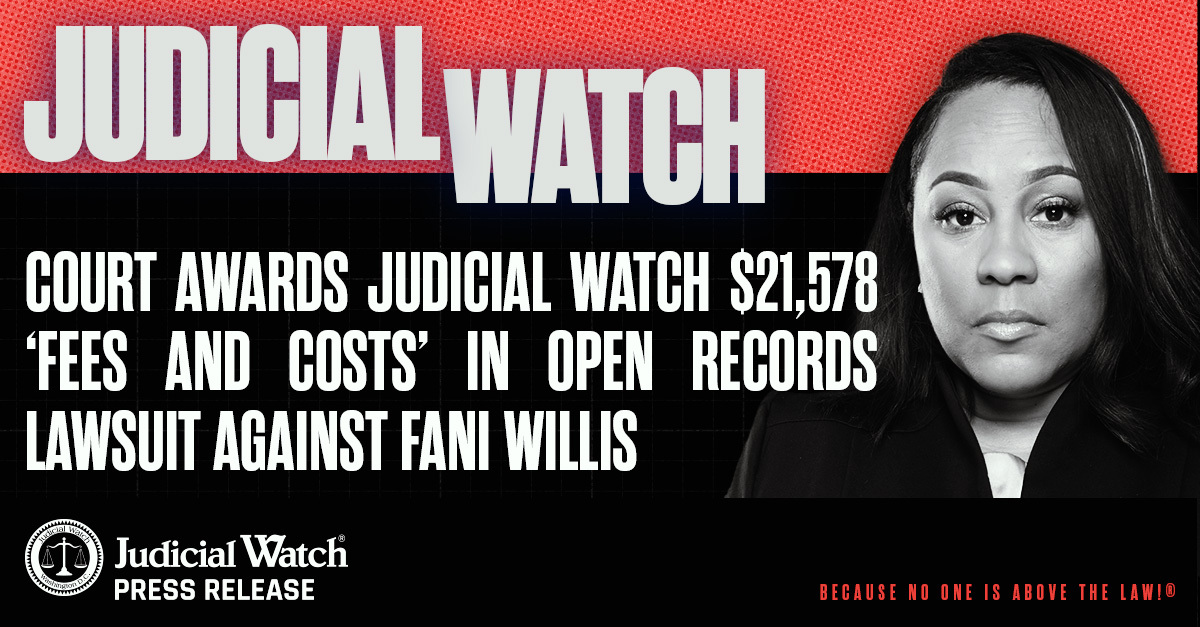

Texas Sues DOJ Over Voter ID Law
Texas is suing the Department of Justice (DOJ) in federal court for blocking the implementation of a state voter identification law—passed to deter and detect election fraud—the Obama Administration claims discriminates against minorities.
The Texas Legislature passed the measure in 2011 and six months ago it was submitted to the DOJ for approval. More than a dozen states—including Kansas, Indiana, Tennessee and Wisconsin—have similar laws that require voters to show government-issued photo identification at the polls and the Obama Administration has launched a campaign to challenge them all.
Liberals claim the laws are discriminatory because many minorities are too poor or too ignorant to get a valid identification—provided free in most states that have passed voter ID laws—that proves they are who they say they are. In fact, Debbie Wasserman Schultz, the Florida congresswoman who chairs the Democratic National Committee, says voter ID laws are a “full-scale-assault” on minority voters designed to “rig” elections for Republicans.
With that said, the administration is utilizing the DOJ as a political tool to challenge voter ID measures like one already upheld by the Supreme Court of the United States (SCOTUS) in 2008. In that case SCOTUS upheld Indiana’s voter ID law, ruling that the state’s interest in protecting the integrity of the voting process outweighed the insufficiently proven burdens the law may impose on voters. “There is no question about the legitimacy or importance of the State’s interest in counting only the votes of eligible voters,” the nation’s highest court said in its decision.
This hasn’t deterred the DOJ’s mission to eliminate voter ID laws. In the Texas case, the agency must approve the measure because the Federal Voting Rights Act prohibits changes to election laws in certain states without federal clearance. The Texas Secretary of State’s Office has been waiting for the DOJ preclearance since last July, but the feds continue stalling, essentially blocking the law’s implementation.
Among the stall tactics employed by the DOJ is requiring Texas to provide extensive information before ruling one way or the other. For instance, the state must tell the DOJ the number of registered voters by race and Spanish surname in possession of a driver’s license or other form of photo ID. It must also provide the number of registered voters with Spanish surnames who don’t have a driver’s license.
In its complaint, filed this week in the U.S. District Court for the District of Columbia, Texas says it doesn’t record citizens’ race when they register to vote so it is unable to determine the racial makeup of registered voters who lack state-issued IDs. “Indeed, the very reason Texas refuses to maintain racial and ethnic data on its list of registered voters is to facilitate a colorblind electoral process, and Texas adopted this race-blind voter-registration policy shortly after the enactment of the 1965 Voting Rights Act,” the complaint says.
State officials are asking the court to approve its voter ID law, assuring that the measure will not deny or abridge the right to vote on account of race or color, nor will it deny or abridge the right of any citizen of the United States to vote because he is a member of a language minority group.















